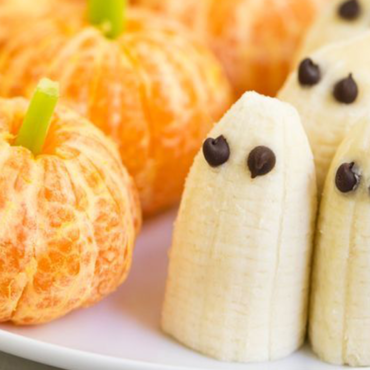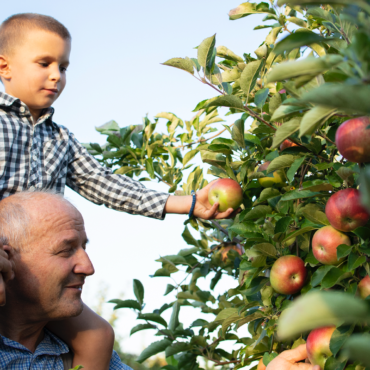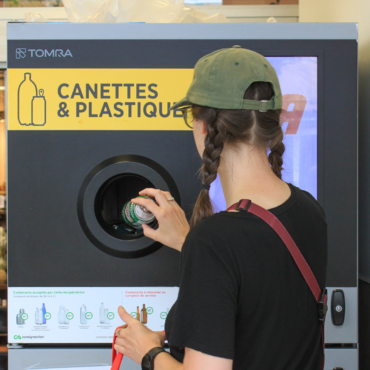Blog & News
Tips and tricks
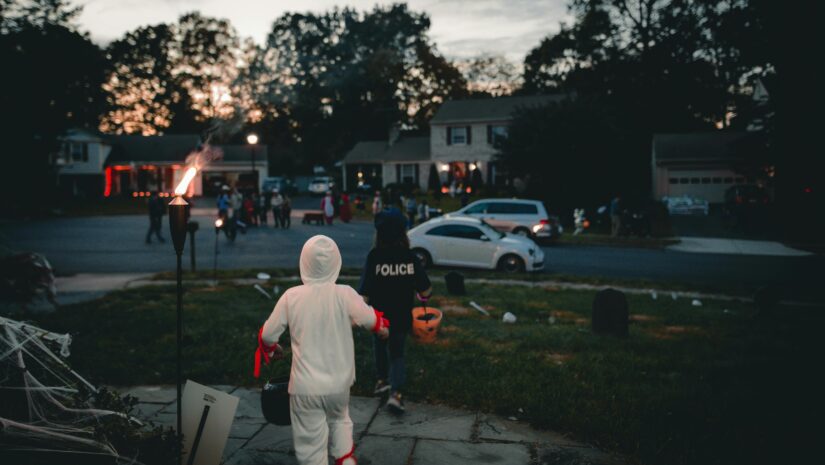
Halloween may be one of the most popular holidays for young and old alike, but it’s also one of the most polluting. That’s why it’s been dubbed the “single-use holiday”. The amount of garbage produced during Halloween can have some pretty frightening consequences for the environment. The omnipresence of plastic, whether in candy wrappers, outdoor decorations – which can sometimes even injure or poison certain animals – or cheap costumes, is frightening, especially as it is very often single-use plastic. And then there’s food waste, especially the fate of our famous pumpkins, which are more often than not thrown away after Halloween. If you can eat them, you can compost them! And yet they’re so succulent. According to Karel Ménard, General Manager of the Front commun québécois pour une gestion écologique des déchets, pumpkins are the most wasted cultivated food.
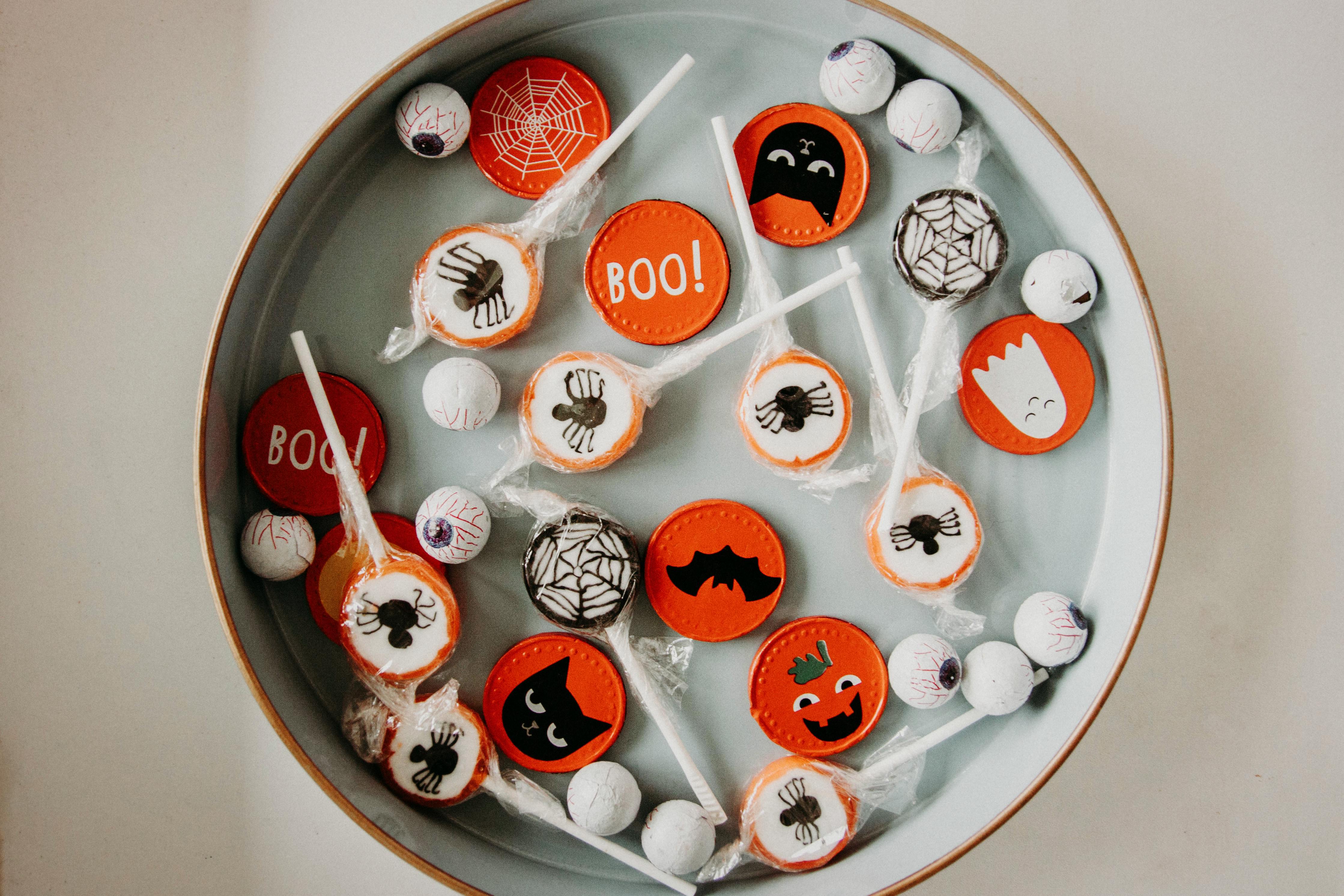
If all this gives you the creeps, well, abracadabra! Today, there are more and more alternatives, tips and tricks to perpetuate this night of fright in an environmentally-friendly way. Make Halloween an opportunity to educate your children and neighbors about more environmentally-friendly practices.
Candy and candy wrappers
You’ll find them on supermarket shelves from the beginning of September. If you make this choice, avoid overpacking these treats in new individual bags. This will limit your environmental footprint.
As single-use packaging is not recyclable, an alternative has recently been developed to keep it out of landfill sites. It’s a pilot project initiated by Multicycle, in collaboration with certain boroughs and municipalities. The procedure is simple: simply drop off your packaging at a collection point, and Multicycle will recycle it.
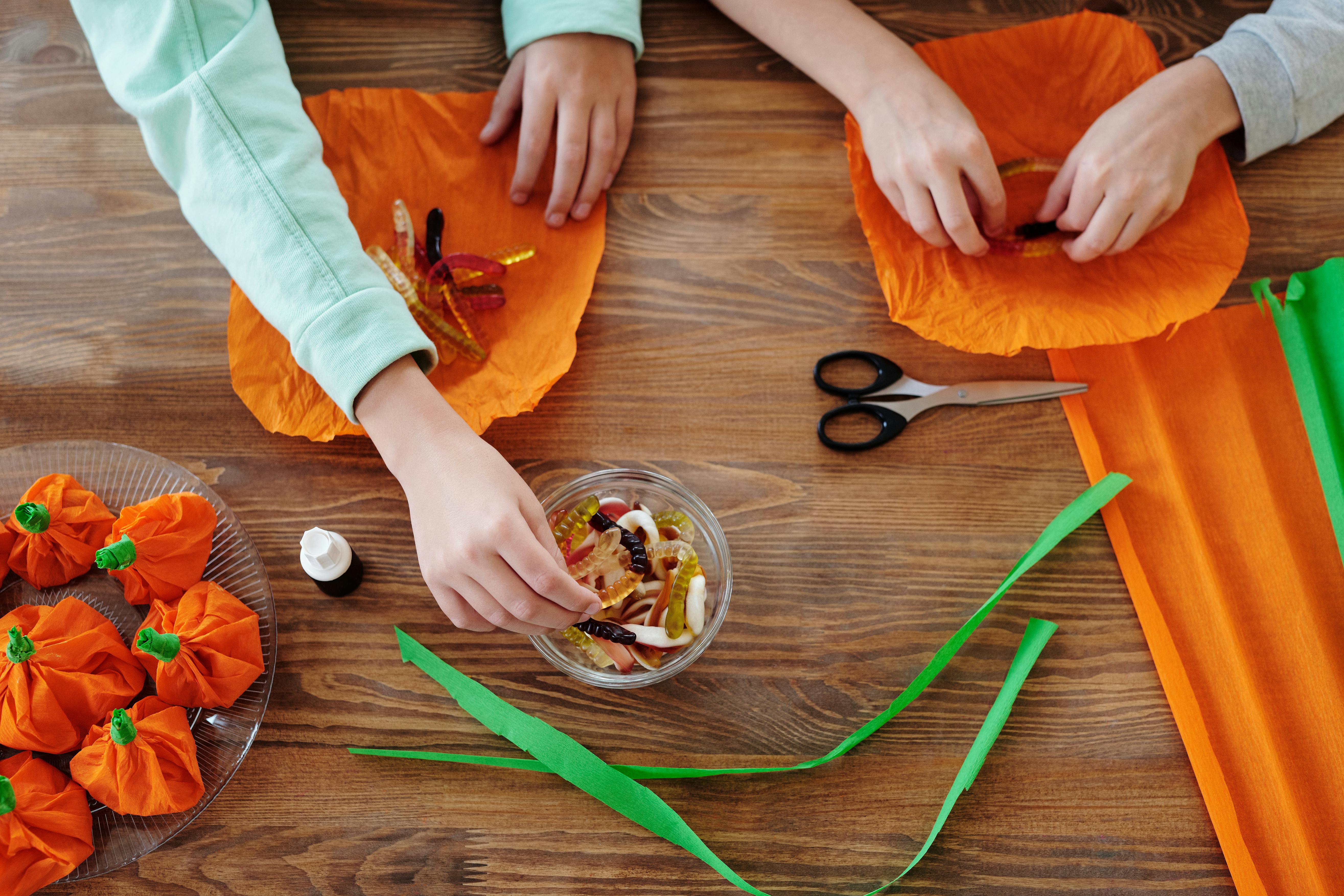
If you can’t afford to buy in bulk, note that candies packaged in small cardboard boxes like Smarties are more environmentally-friendly choices than those in plastic wrappers. As for uneaten candy, you can dispose of it in the brown bins for food waste.
Decorations: nature, your greatest source of inspiration!
Get inspired by still life and take a DIY approach!
Use fallen tree branches, dead leaves, pebbles and more. A few twigs are all you need to create spooky wooden totem poles inspired by the Blair Project movie, while simple bales of straw or dried corn stalks can be used to recreate the terrifying world of Children of the Corn and scare the grown-ups. Choose decorations made from recycled materials or paper rather than plastic.
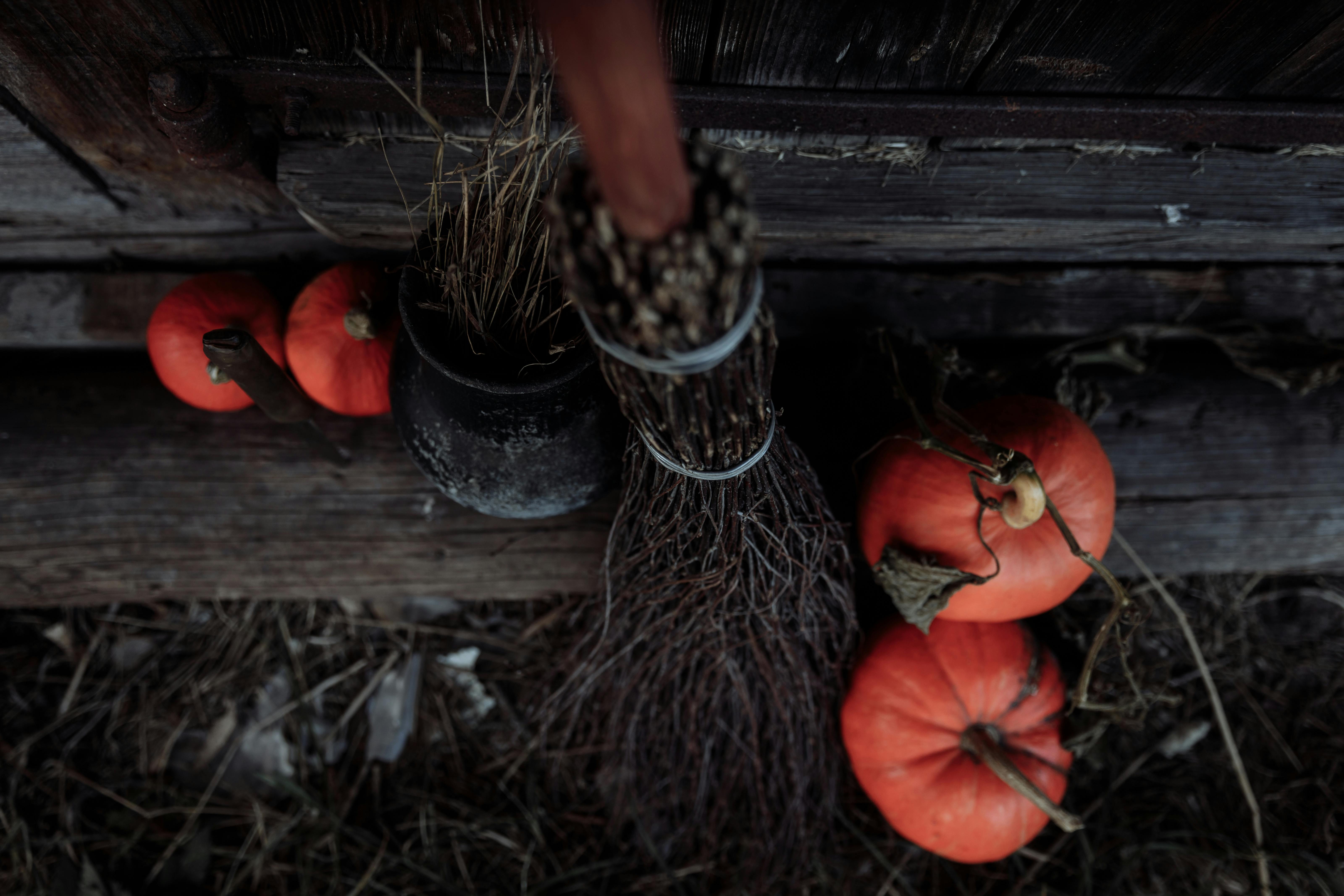
When it comes to lighting your pumpkins, LED bulbs, beeswax or soy candles are greener choices than traditional petroleum candles, which are more polluting.
Also, avoid laying fake spider webs outside. They can injure birds and squirrels, which sometimes get trapped in them. We suggest you use this type of decoration indoors only.
Finally, add some spooky music to your décor. Horror film music is an excellent source of inspiration (Halloween, The Exorcist, Suspiria, Twin Peaks, Hereditary, It, The Walking Dead, etc.). For a touch of originality: concoct your own list of more contemporary original music inspired by different genres such as Witchhouse. It’s zero waste!
Dressing up in an eco-responsible way
There are many options available to you, including second-hand and DIY.
You can organize a costume or accessory swap between neighbors, friends or family. Thrift stores are also full of little finds that can easily be incorporated into a costume and add a touch of originality.
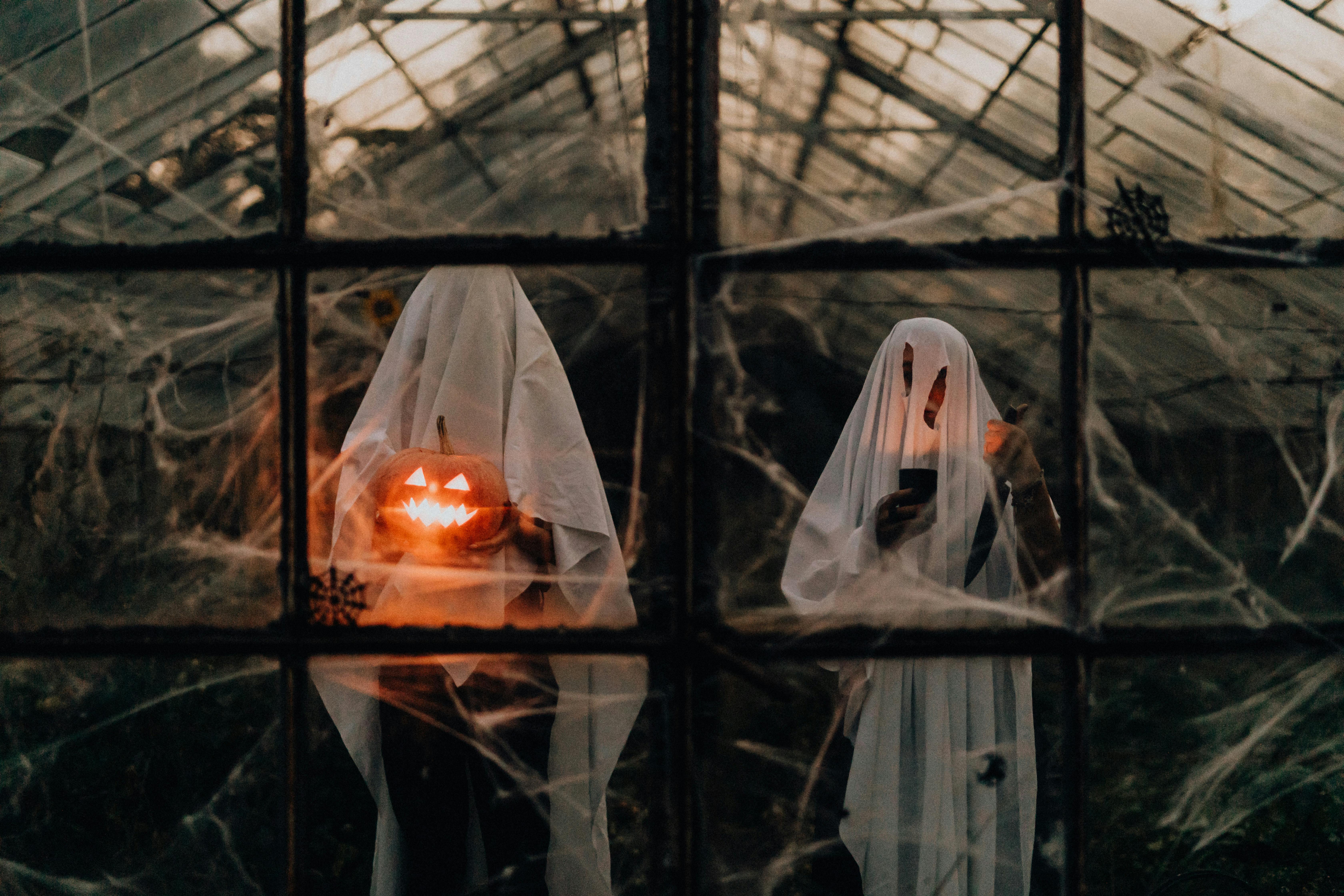
Your children can also develop their creativity by making their own costumes. If the classic goalkeeper mask and overalls are still in order, dare to combine a wreath of dried flowers and an old white sheet to evoke the eerie world of Midsommar.
If you’re short on time, costume rental can be a great alternative.
The day after Halloween
Whether it’s elements of your decor, your costume or the results of candy-gathering, make sure you identify what goes in the recycling bin and in the compost. Counter food waste by giving your pumpkin a new life. Some organizations reclaim them to feed animals at shelters or local farms. The idea is o keep it out of a landfill, where the result of its decomposition will produce a significant amount of methane, a greenhouse gas that warms the atmosphere much faster than carbon dioxide (Gibbens, 2022).
(Read: Pumpkins pollute: here’s how to recycle them)
Several tools are also available online, including Recyc-Québec’s Qu’est-ce qui va dans le bac? Then sort out what you want to keep for next year versus what you want to give away. Also, take stock of your waste so you can improve your footprint year after year.
Finally, enjoy your pumpkin soup!

Human Resources Director
Éliane Bujold
With degrees in psychology, community action, and industrial relations, Éliane is passionate about the world of work and all its aspects. Working at Earth Day Canada allows her to learn more about environmental issues and to evolve her practice to make a positive impact. Éliane enjoys spending quality time with her old basset hound, exploring Montreal—a city she loves, especially in the summer!—and discovering new music to accompany her runs.
View all posts...Related posts :
Contact us
Earth Day Canada
5818, boulevard Saint-Laurent
Montréal (Québec) H2T 1T3 Canada
Phone : (514) 728-0116
Toll free : 1 800 424-8758
Fax : (514) 303-0248
Email: hello@earthday.ca
2025 © Earth Day Canada. All rights reserved.
Privacy policy · Terms of use · Trademark
